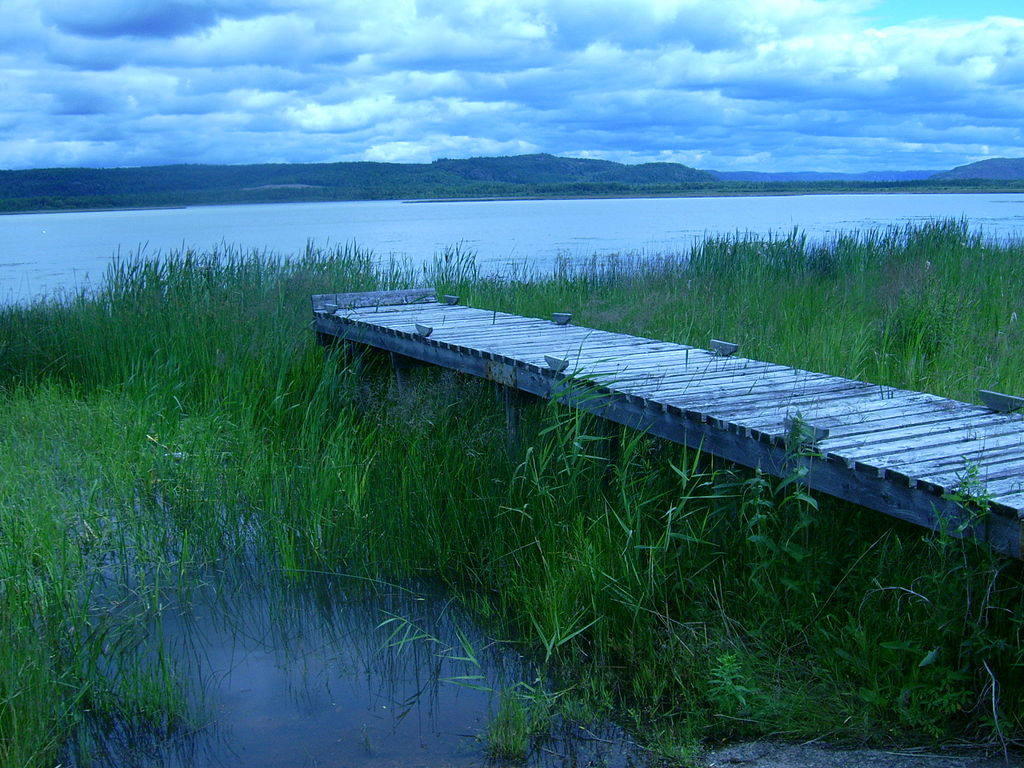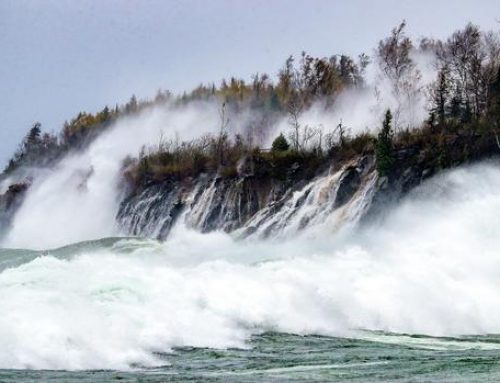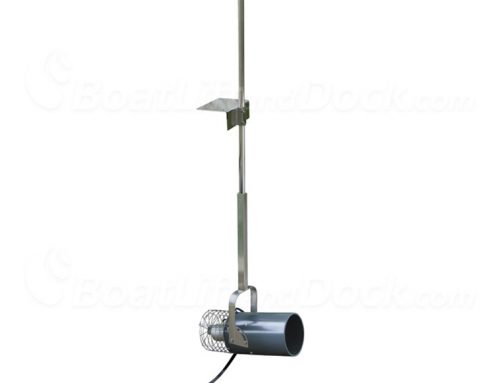Riparian Rights are the basic rights all waterfront property owners enjoy and are guaranteed. The State of Michigan defines our riparian rights as “those rights which are associated with the ownership of the bank or shore of an inland lake or stream.” With the average Michigander only 6 miles from a lake at any given time it is a good idea to learn your rights on the waterfront. Although court decisions and new laws can affect the exact nature of these rights they still include these basic ideals:
- Everyone who owns waterfront property is allowed access to the water of an inland lake or stream upon which they reside
- You are allowed to anchor your boat to the lake bottom or the dock you own
- The owner of the property may install a dock that is anchored to the bottom of the lake and to his or her waterfront edge
- The right of accretions: this means ownership of the gradual accumulation of sand, silt or organic matter on the owned shorelines
- Owners are allowed reasonable use of the water from the lake or stream for strictly domestic purposes
The courts have repeatedly stood by these rights under the explicit understanding that they must be exercised in a reasonable fashion for the right to apply. I Riparian property owner shall not do the following:
- Achor a raft or boat on or above the bottom lands of another riparian owner
- You cannot build a seawall closer to the water’s edge than the ordinary high-water mark
- No construction of a seawall or using a dredge or fill dirt on the lake or stream without a permit from the Department of Environmental Quality
- Installation of a dock of unreasonable length or angle that interferes with the navigability of the water body on which you reside.
- There is no transferring of Riparian rights to another person
- You may not modify a shoreline or remove native aquatic plants without a permit from the DEQ in the state in which the body of water resides.
Michigan has over 10,000 lakes so it is best to familiarize yourself with your rights before starting any new projects on your waterfront. For more information and special circumstances call your state’s DEQ to discuss options for your waterfront. Protect your rights!






